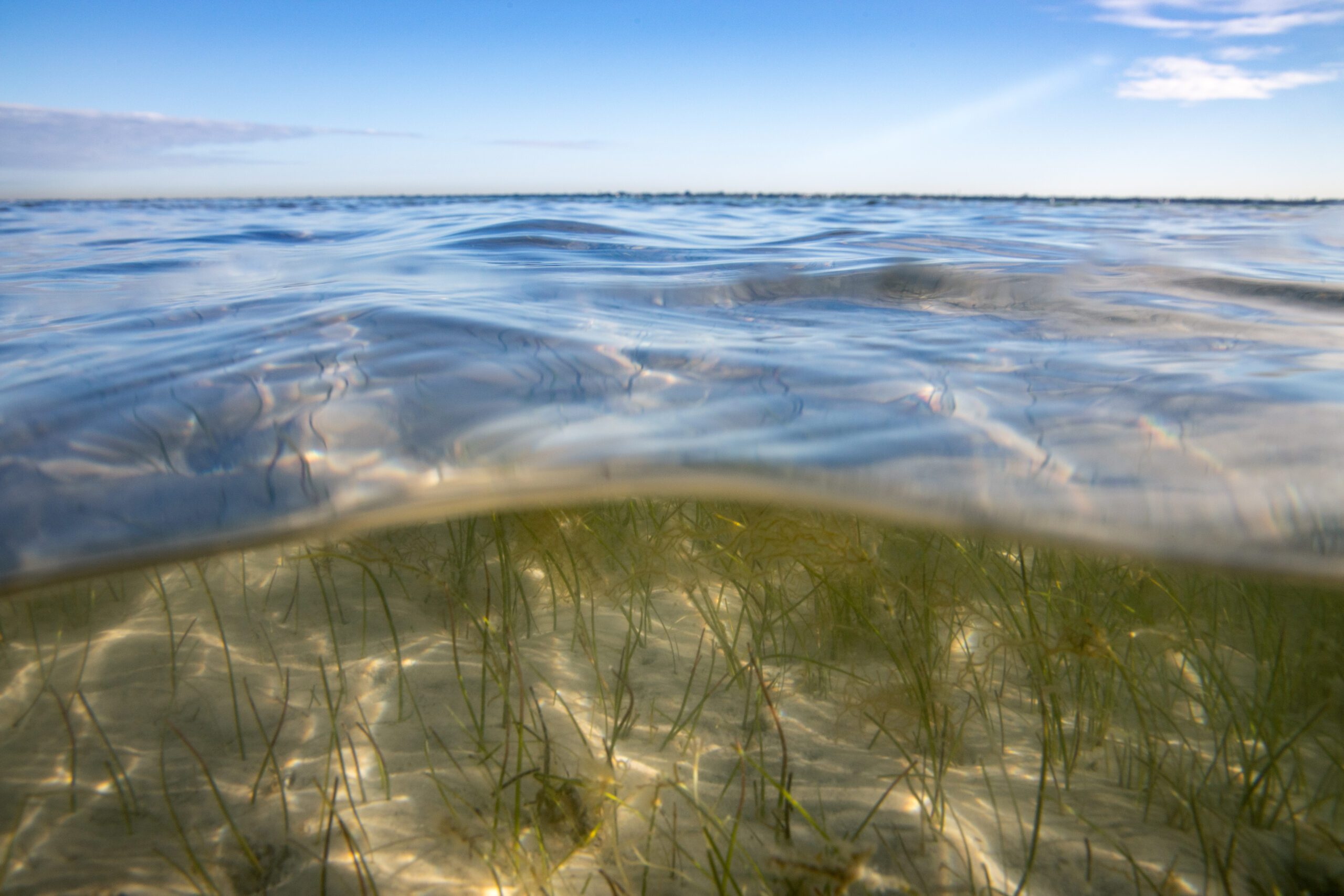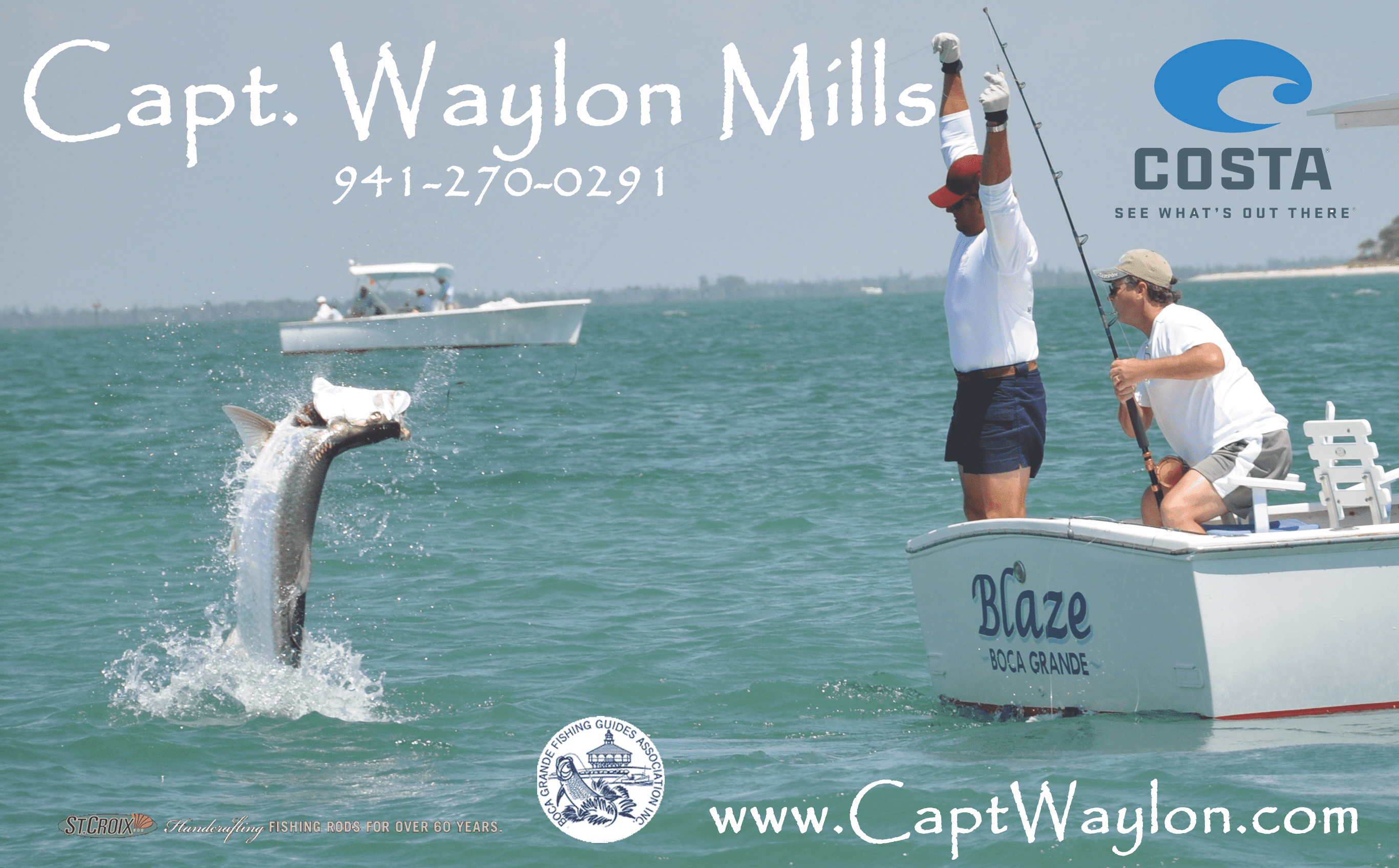IN THE SPOTLIGHT: Attend the Resiliency Summit

Science, solutions, neighbors.
Hurricane season in Southwest Florida is more than just a few names on a weather map. For residents across Charlotte and Lee counties, Boca Grande and the barrier islands, storms shape daily life — from flood-prone streets to conversations with neighbors about how to prepare for the next one.
This September, the Coastal & Heartland National Estuary Partnership (CHNEP) is inviting the community to do more than swap storm stories. The organization will host the fifth annual Southwest Florida Resiliency Summit at Sunseeker Resort Charlotte Harbor, Sept. 16 – 17, 2025. The two-day public event brings together scientists, policymakers, land managers and, most importantly, residents, to talk about how we can better protect our homes, businesses and communities from the challenges ahead.
“It is so impactful for our local residents to have this kind of information, because we are literally in the thick of it,” said Summit host and CHNEP executive director Jennifer Hecker. “We are dealing with these issues of increasing coastal water levels, flooding from high rainfall events and impacts from hurricanes. This affects your home, your business, your livelihood, getting back and forth to school, taking your kids to soccer practice – whatever it is. People are running into more and more flooding that’s impacting their life. And so we want people to have that information, to understand what is the latest information about this.”
Unlike most professional conferences, the Resiliency Summit is intentionally designed to be accessible to the general public with a low-cost registration fee. “We will have a lot of professionals there as well,” Hecker explained. “We’re offering continuing education unit hours for professional engineers and geologists, for instance. So we will have professionals there. We will have scientific experts there. But it’s also designed and geared to be accessible to the public. So we keep the registration low … Our goal is to allow the public to engage as much as they can in this process of keeping up to date on the science, on the information about these topics, because it is changing from year to year.”
Attendees don’t need a background in science to participate. Hecker and her team work closely with presenters to keep technical jargon out of the program. “We even work with the presenters to try to get them to get out of the techno speak, and make it more accessible and understandable to the general public,” she said.
The Summit’s agenda reads like a blueprint for the future of Southwest Florida, blending lessons from past storms with tools to prepare for the ones to come.
On the first day, sessions will cover impacts of increasing coastal water levels; flooding from high rainfall events, sometimes referred to as “rain bombs;” resiliency updates from local water management districts; and new tools for forecasting and planning. Experts from the University of Florida, USF’s Flood Hub, Florida International University, Climate Central and both the South and Southwest Florida Water Management Districts will share the latest findings.
The second day will shift focus to real-world resiliency lessons learned from recent hurricanes and highlight new community initiatives already taking shape across the region.
Hecker said these sessions are especially valuable because they pull directly from local experience. “The resiliency lessons going back to that from recent hurricanes, that’s like real life data from testing some of these technologies,” she explained. “Like, say, the City of Sanibel has been at the forefront of trying to deploy some of these different green and gray infrastructure resiliency projects and strategies. And yet, they’ve been hit over and over by pretty severe hurricanes. So we can actually say, ‘Okay, now what worked? What didn’t work? What would you do differently?’”
One of the most engaging parts of the program, Hecker noted, is the discussion of infrastructure solutions, what communities can actually do to prepare.
“In our profession, we call traditional infrastructure ‘gray infrastructure,’ like the built-with-cement type of infrastructure – that would be an example of a seawall,” she explained. “And then we have something we also refer to as green infrastructure, which are more nature-based solutions, which are modeled after nature, but they are man-made. An example would be a living shoreline where we would install rocks or faux reef structures, and get oysters and mangroves to create a buffer that way.”
Often, the best path forward is a hybrid approach. “Sometimes, to get the biggest bang for the buck, you might need to combine those two,” she said. “But it really is first about identifying those critical assets and infrastructure that the community relies upon, especially for emergency response in a natural disaster situation. That could be police, fire, hospitals, whatever the infrastructure would be. It could be bridges on an evacuation route or critical roadways that people need to be passable during a hurricane.”
The Summit is also special because it’s being held in tandem with the Florida Resilience Conference, a statewide event hosted Sept. 17 – 19 at the same venue. While the statewide conference is more technical and geared toward professionals, Hecker said it was important to give local residents their own forum.
“We designed this event this year to be at this time and in this location specifically to dovetail into the statewide Florida Resiliency Conference,” she explained. “We close Wednesday at 11:30 [a.m.] and they actually start Wednesday at 1 [p.m.] in the same location, in the same room. So we coordinated so that we would have different topics and different speakers at these two events, in case people wanted to attend both.”
For Hecker, the message is simple: don’t miss this chance to learn, ask questions and be part of shaping the region’s future.
The 2025 Southwest Florida Resiliency Summit will be held Sept. 16 – 17 at the Sunseeker Resort in Charlotte Harbor. Registration is $30, with waivers available for students and financial hardship.
Resiliency Summit Highlights
Day One – Sept. 16
- Rising seas and what they mean for our coast
- Flooding from high rainfall events (“rain bombs”)
- Latest resiliency updates from regional water management districts
- New tools to forecast flooding and plan for stronger communities
Day Two – Sept. 17
- Lessons learned from recent hurricanes
- New resiliency initiatives taking root in Southwest Florida communities
Featured speakers include experts from the University of Florida, USF’s Flood Hub, Florida International University, Climate Central and the City of Sanibel.
For more information, visit
chnep.org/swfl-resiliency-summit.









